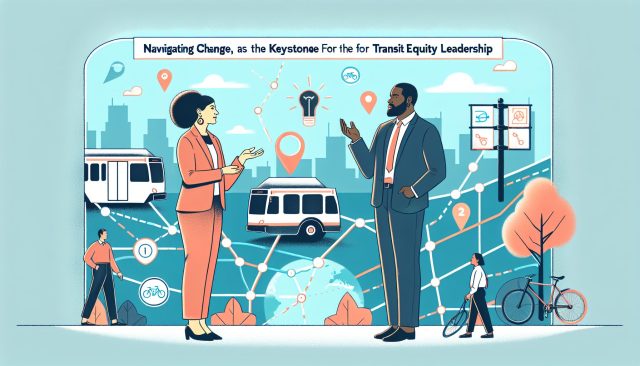Navigating Cryptocurrency Risks: A Data-Driven Financial Odyssey
Navigating Cryptocurrency Risks: A Data-Driven Financial Odyssey
In the ever-evolving landscape of finance, cryptocurrency has emerged as a beacon of innovation and potential. Yet, with its promise comes a peculiar mixture of volatility and risk, a siren call for analytics and AI professionals who find themselves at the precipice of a financial transformation.
Imagine the digital ocean of blockchain where cryptocurrencies float as archipelagos of opportunity, yet shrouded in the mist of uncertainty. Each digital coin, from Bitcoin to Ethereum, is a vessel navigating through waters influenced by market forces, investor sentiment, and geopolitical shifts. Using analytics and artificial intelligence, we can chart these waters and create maps that guide investors through the tempestuous seas of crypto investments.
Understanding Risk with Data
Cryptocurrency risk management is not merely a financial exercise but an art of prediction, where AI and analytics are the brushes painting the canvas of probability. Analytics professionals are adept at converting volumes of data into insights, wielding tools that unveil patterns often overlooked by the human eye. From regression analyses to sentiment analysis on social media chatter, the goal is to discern trends and forecast potential pitfalls before they materialize.
The challenge lies in the decentralized nature of cryptocurrencies, where traditional models of risk assessment falter. Yet, this same decentralization is a treasure trove for data scientists, providing a continuum of data that is rich for exploration. Machine learning algorithms thrive in this environment, evolving continuously as they are fed with streams of blockchain data, transactional histories, and even satellite indicators of mining activities.
AI: The Navigator of the Crypto Seas
Artificial Intelligence serves as the seasoned navigator on this voyage, its algorithms echoing the connoisseurship of a fine cartographer. By employing neural networks and deep learning models, AI can process and make sense of the cacophony of signals price movements, trading volumes, and market liquidity that dictate the rise and fall of cryptocurrencies. Furthermore, AI systems are capable of executing trades with precision, balancing the act of seizing opportunities with the prudence of risk mitigation.
However, the brilliance of AI in scoring the charts of financial health is intrinsically dependent on the quality of data it ingests. Blockchain, with its transparency and immutability, becomes the fertile ground upon which AI can build reliable forecasts and risk management strategies. For AI professionals, the task is to ensure data integrity and accuracy while mitigating biases that may skew predictions.
The Interplay of Risk and Financial Health
The health of any financial portfolio relies heavily on its ability to withstand shocks while capitalizing on growth opportunities. Herein lies the cruxcryptocurrencies, despite their inherent risks, can coexist within a robust financial strategy. The calculus of their inclusion should be derived from a well-rounded risk assessment framework, one that integrates predictive analytics and leverages AI to provide dynamic responses to market changes.
In the grand tapestry of finance, weaving cryptocurrencies into an investment strategy demands a shift in perspective. It’s not just about maximizing returns but fostering a culture of resilience. Professionals in analytics and AI can spearhead this evolution, crafting tools that not only predict risk but also fortify the entire financial construct against the volatility of cryptocurrencies.
Conclusion: Charting the Course Forward
As Analytics and AI professionals, the endeavor is not just to navigate the risks but to transform them into opportunities. The cryptographic seas may be tumultuous, yet within their depths lie untold potentials for those equipped with the right analytical and AI toolkit. By understanding the multifaceted nature of cryptocurrency risks, we can ensure a future where financial health is as dynamic and innovative as the digital currencies reshaping our world.
As we stand at the cusp of this financial odyssey, let us embrace the challenge, wielding our analytical prowess to harness the seas of cryptocurrency into a voyage of prosperity and innovation.






























